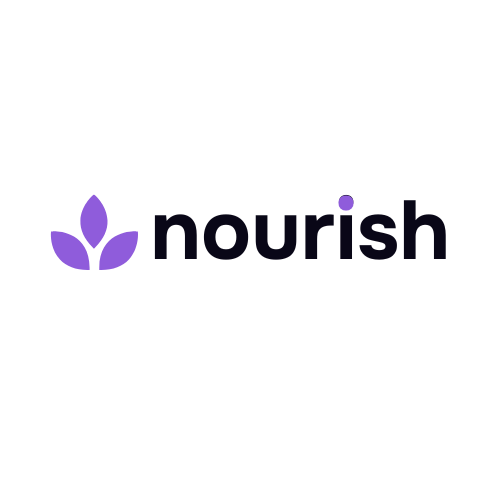Nourishing Teen Athletes: Essential Nutrition for Peak Performance
- Eden Pardau
- Mar 12, 2025
- 3 min read

Being a teen athlete comes with exciting challenges, from pushing physical limits to achieving personal bests. But peak performance isn’t just about training hard—it’s about fueling your body with the right nutrients. Proper nutrition plays a vital role in energy levels, muscle recovery, injury prevention, and overall well-being. Let’s dive into what it takes to nourish a teen athlete for optimal health and success.
Why Nutrition Matters for Teen Athletes
Teenagers are in a critical phase of growth and development. For athletes, the demands on the body are even higher due to intense physical activity, which requires additional fuel. Without proper nutrition, performance can suffer, recovery can slow down, and the risk of injury increases. Balanced eating habits help support endurance, strength, concentration, and even mood—key factors for both sports and academics.
Key Nutrients for Athletic Performance
To perform at their best, teen athletes need a well-rounded diet rich in essential nutrients. Here’s a breakdown of the most important ones:
1. Carbohydrates – The Primary Energy Source
Carbs are the body’s main fuel, especially for endurance and high-intensity sports. Whole grains, fruits, vegetables, and legumes provide steady energy, while quick-digesting carbs (like bananas or whole-grain toast) are great before a workout.
2. Protein – For Muscle Growth and Repair
Protein supports muscle repair and recovery, making it essential for athletes. Lean meats, poultry, fish, eggs, dairy, beans, tofu, and nuts are great sources. Teens should aim for balanced protein intake throughout the day to maximize muscle synthesis.
3. Healthy Fats – For Sustained Energy
Fats help with long-lasting energy, hormone production, and joint health. Avocados, nuts, seeds, olive oil, and fatty fish like salmon provide beneficial fats that keep the body running efficiently.
4. Vitamins and Minerals – For Recovery and Immunity
- Iron (found in lean meats, spinach, and beans) supports oxygen transport and prevents fatigue.
- Calcium & Vitamin D (from dairy, leafy greens, and fortified foods) promote strong bones, reducing injury risk.
- Magnesium & Potassium (in bananas, nuts, and whole grains) aid in muscle function and prevent cramps.
- Vitamin C (in citrus fruits, bell peppers, and berries) boosts immunity and helps with collagen production for joint health.
5. Hydration – The Key to Stamina
Dehydration can lead to fatigue, dizziness, and decreased performance. Teen athletes should drink plenty of water throughout the day and replenish fluids lost during exercise. Electrolyte-rich drinks may be helpful for prolonged workouts, but natural options like coconut water or diluted fruit juices are great choices.
Meal and Snack Ideas for Active Teens
A well-balanced diet doesn’t have to be complicated. Here are some simple meal and snack ideas:
- Breakfast: Greek yogurt with granola and berries, whole-wheat toast with peanut butter and banana.
- Lunch: Grilled chicken wrap with veggies, quinoa salad with beans, avocado, and feta.
- Dinner: Salmon with roasted sweet potatoes and steamed broccoli, turkey and veggie stir-fry over brown rice.
- Snacks: Trail mix, hummus with whole-grain crackers, hard-boiled eggs, cottage cheese with fruit.
- Pre-Workout: A banana with almond butter, a whole-grain energy bar.
- Post-Workout: A smoothie with protein powder, milk, spinach, and berries, or a turkey sandwich on whole-grain bread.
Fueling properly isn’t just about eating more—it’s about eating smart. A balanced diet rich in whole foods, lean proteins, healthy fats, and essential vitamins ensures teen athletes have the energy, strength, and endurance to perform at their best. By making nutrition a priority, young athletes can support their physical and mental well-being, setting themselves up for success both on and off the field.




Comments